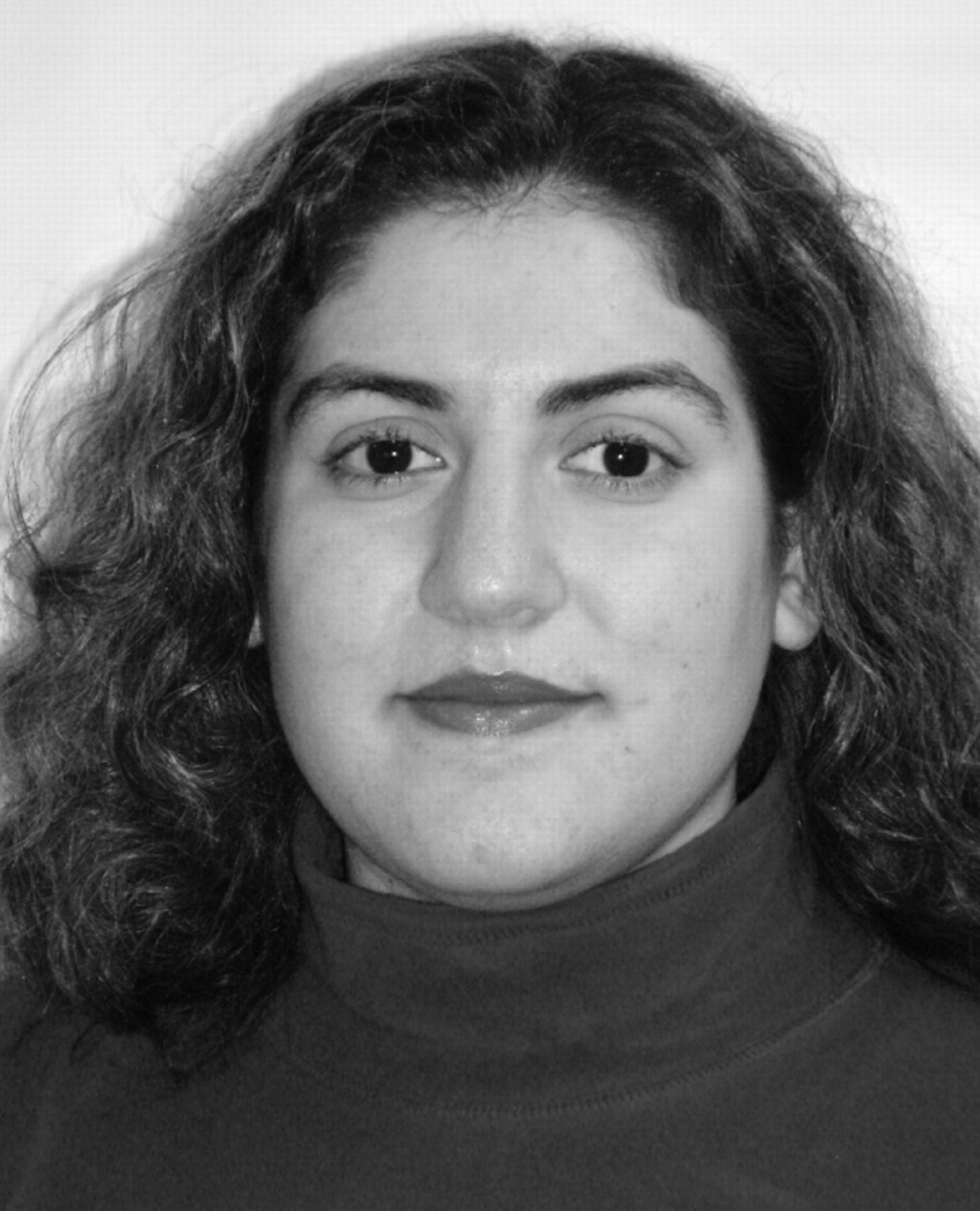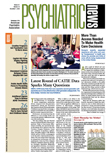Being the APA member-in-training trustee would be a wonderful opportunity. An opportunity toward which I could lend my unyielding enthusiasm for a profession I adore; my fortitude to “get the job done”; and my ability to finesse a situation in order to achieve the goals set forth while making sure all sides of a situation are heard, feel heard, and are taken into careful consideration. American psychiatry is in somewhat of a slump; it needs to be re-energized in order for our goals to be fully realized. I am willing and able to lend my strengths of character and optimism toward this goal.
From a very early age I have known about adversity. I was born legally blind, and given my dream to become a physician, a psychiatrist, adversity was my “middle name.” However, I did not allow it to plague me, but instead I used it to give me the resilience I needed to achieve any goal I set forth. The practice of psychiatry has a similar type of adversity that it must face; from issues of mental health parity, to the ever-growing need for increased mental health care in the military, to the perception of mental illness in the media. I feel equipped to aid APA and specifically the resident members in fighting these fights and hopefully winning some of the battles.
Education is of the utmost of importance in our profession. Education of patients, the media, other medical professionals, and psychiatry's next generation of psychiatrists. In my college honors thesis I studied the history of medical education in the United States and the socialization that medical students undergo in the pursuit of becoming a physician. Through this, I began examining the spoken as well as unspoken education that is imparted on others as we practice our profession. I would take great pleasure in giving of my energy and time to aid APA in both the spoken as well as unspoken education of the public, future psychiatrists, and other health care providers about the practical as well as therapeutic aspects of psychiatry.
Through attempts at creating parity for mental health, APA is a champion of both its members as well as those we serve, but we have only begun. The seat of our federal government, Washington, D.C.—my home—is in a mental health care crisis. Per capita we spend more than any state in the union on mental health, and yet homelessness of the mentally ill is rampant, as is drug abuse, and the closing of core service agencies. St. Elizabeths Hospital, an institution that had been a bastion of psychiatric treatment, is in a state of disarray, and we must lead the charge for betterment. Washington, D.C., is just an example of what traverses the American landscape. I would like to put forth my energy in this charge, for this change.
The future of psychiatry is through awareness. In order to achieve our profession's goals, we must know when to compromise and when to fight. An example of this continued need to fight can be seen within the Veterans Affairs Administration. Recent news has been made of service members returning from war not receiving a comprehensive mental health screening. Given the general lack of resources noted in even the nation's capital's VA hospital, this is not a surprise. These are the types of concerns that we must discuss in order for change to come about.
Additionally, discussions about prescribing rights and continuing to expand our membership outreach are matters that are important to APA as well as to me. As a current MIT rep to the WPS, my home chapter, I am helping to create new programs for residents in order to foster fellowship as well as education. I would very much enjoy being your MIT trustee and representing you with the idealism we start our careers with and the practicality that we learn through experience.
PRIMARY PROFESSIONAL ACTIVITIES AND SOURCES OF INCOME
PROFESSIONAL ACTIVITIES
•.
60%—Georgetown University Hospital, Washington, D.C.
•.
25%—INOVA Fairfax Hospital, Falls Church, Va.
•.
15%—Veterans Affairs Hospital, Washington, D.C.
INCOME
•.
100%—MedStar Georgetown Medical Center

